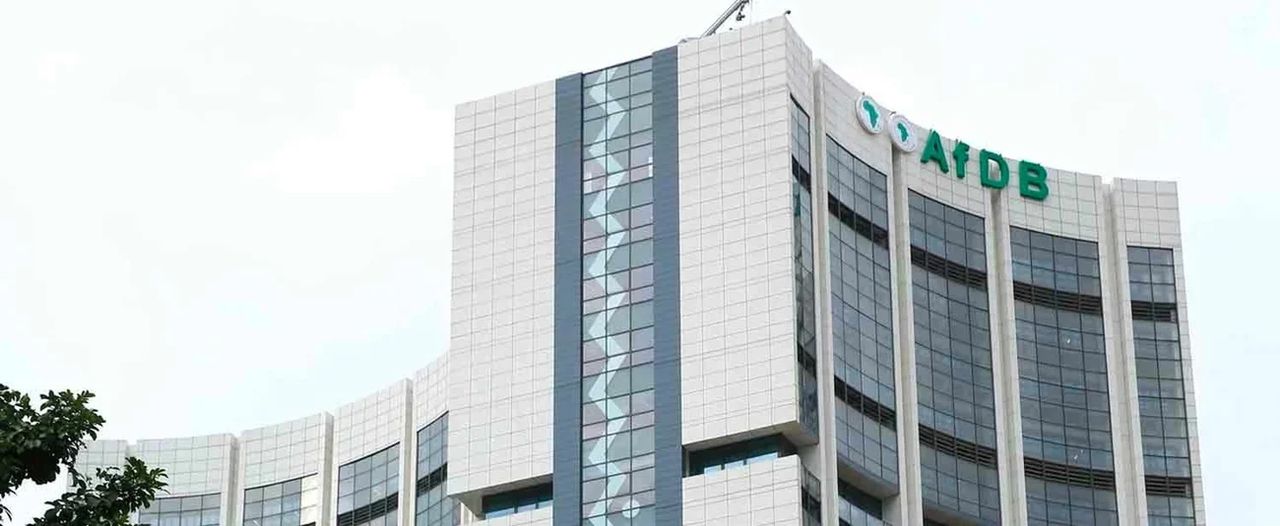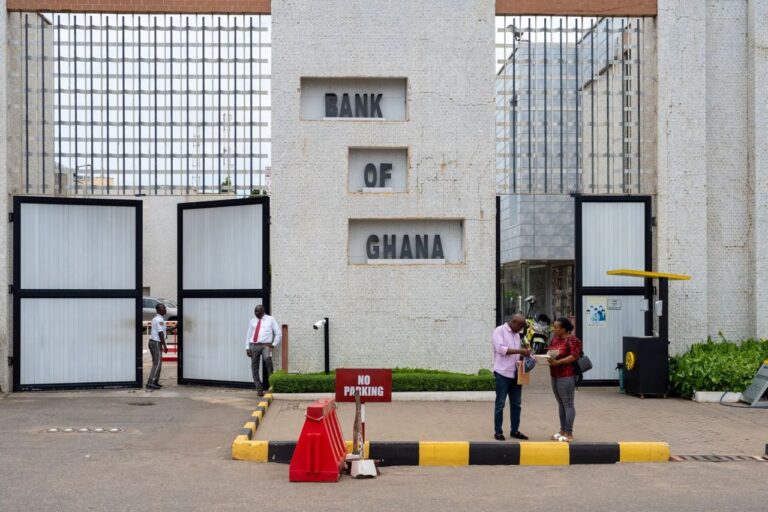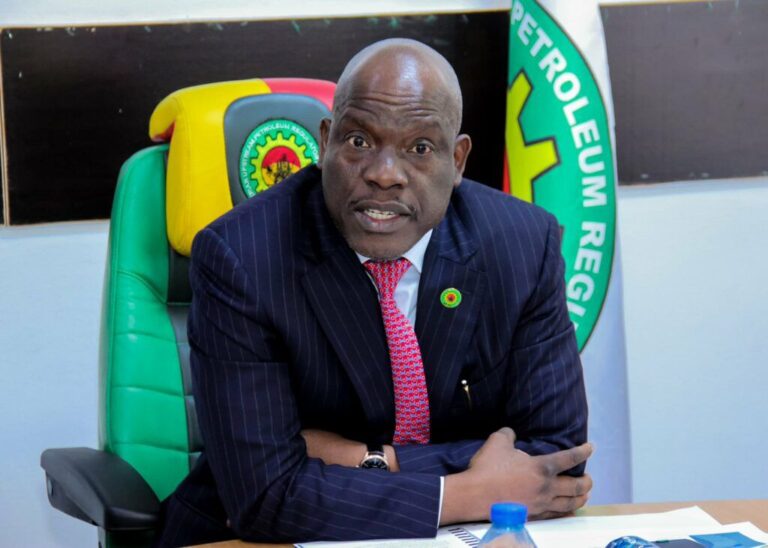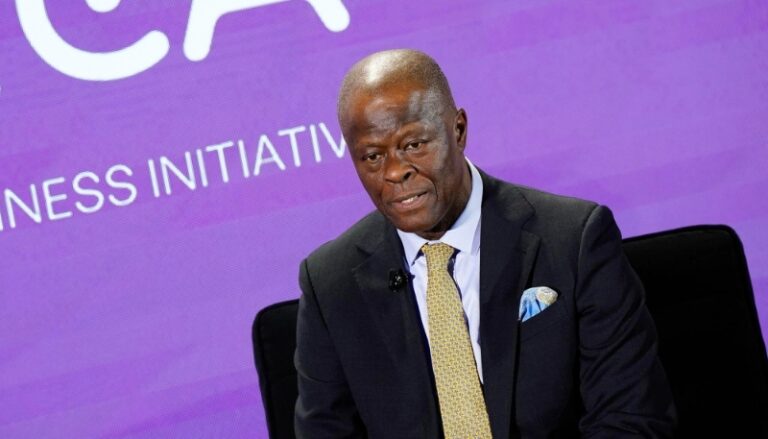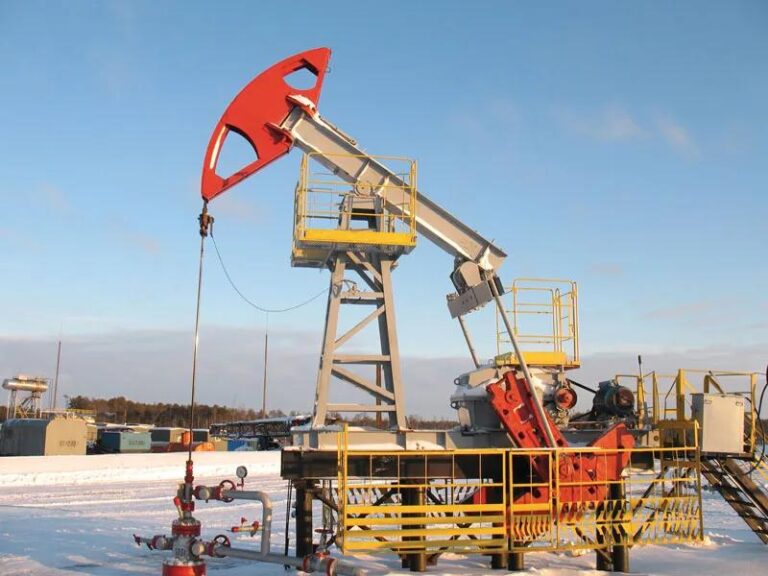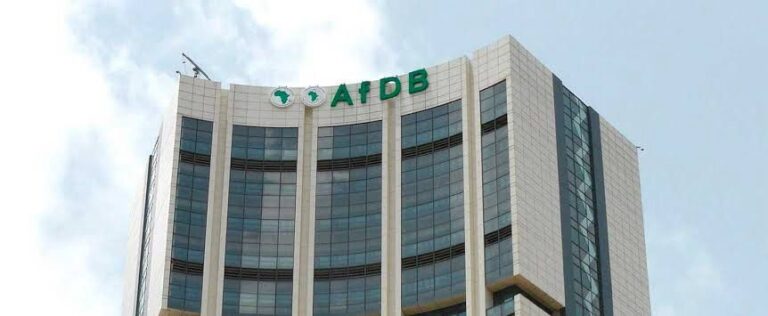The Board of Directors of the African Development Bank (AFDB) has approved a financing package of up to $184.1 million to support the development of the Obelisk 1-gigawatt solar photovoltaic project and 200MWh battery energy storage system in Egypt, which will be Africa’s largest solar power plant.
Most of the energy financing being carried out across Africa by AFDB goes ‘solely’ to climate smart projects–green energy initiatives. AFDB shuns investment in fossil energy infrastructures, which does not align with the bank’s policies on ‘climate change’.
The solar power plant located in Located in Qena Governorate in southern Egypt, the project entails the design, construction, operation, and maintenance of a photovoltaic power plant with an integrated battery energy storage system. The Egyptian Electricity Transmission Company will be the sole off-taker under a 25-year Power Purchase Agreement.
AFDB financing package includes $125.5 million of ordinary resources, as well as concessional funding from Bank Group-managed Special Funds the Sustainable Energy Fund for Africa (SEFA) worth $20 million, and the Canada-African Development Bank Climate Fund ($18.6 million), a partnership of the Bank Group and the Government of Canada. A further $20 million will come from the Climate Investment Funds’ Clean Technology Fund, with additional financing to be mobilized from a consortium of development finance institutions. However the project’s total cost is estimated at more than $590 million.
Egyptian government sees the Obelisk project as a means to addressing Egypt’s energy constraints and advancing its energy transition– prompting them to give a golden operation license to the solar project under Egypt’s Nexus of Water, Food, and Energy (NWFE) platform.
Dr. Rania Al-Mashat, Egypt’s Minister of Planning, Economic Development and International Cooperation, said the project would help phase out the use of fossil fuel in the country, as Egypt is on its part to clean and renewable energy consumptions.

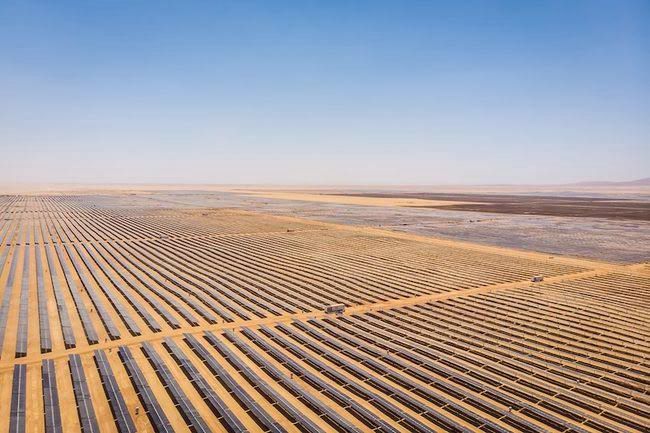
“The Obelisk solar project is another important milestone for Egypt under the energy pillar of the NWFE program which has since its launch in November 2022 at COP27 in Sharm El Sheikh delivered 4.2 GW of privately financed renewable energy investments, worth about $4 billion, with the support of partners such as the Africa Development Bank. The goal of NWFE’s energy pillar is to add 10 GW of renewable energy capacity with investments of approximately $10 billion, and phase out 5 GW of fossil fuel power generation by 2030.” Dr. Rania said.
Third Quarter of 2026
However, the project will be fully operational by the third quarter of 2026, will generate an estimated 2,772 gigawatt-hours of clean, reliable, and affordable energy annually to the national grid–these calculations were made in regards to the fact that Africa receives the most sun light compare to any other continent in the globe.
The battery energy storage system will help meet peak evening demand with renewable power while also mitigating the variability of solar power generation. The project is expected to reduce annual carbon dioxide (CO2) emissions by approximately one million tons and create about 4,000 jobs during construction and 50 permanent jobs during operation, with a special focus on women and youth employment.
Kevin Kariuki, AFDB Vice President for Power, Energy, Climate, and Green Growth. Describes the project as a “landmark development” that leverages Egypt’s and AFDB partnership to enhance the resilience of the country’s energy supply to meet its fast-growing energy demand sustainably, also highlighting the solar project contribution to the country’s plan making renewable energy its primary source of power.

“This project also contributes to Egypt’s ambition of producing 42 percent of its power generation capacity from renewable energy sources by 2030 while spurring economic growth and reducing greenhouse gas emissions,” He said.
Meanwhile, experts can’t stop gushing over how the project will harness the bright-hot sunshine the continent receives and transform it to clean electrical power—while citing such renewable source is sustainable for Africa energy growth.



